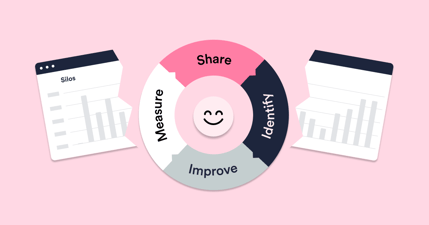Sami Kallio interviews two MSP representatives in our yearly HUG customer event. Fujitsu UK's Catriona “Cat” MacDonald and Tieto's Janne Kaihila share their insight. Both as Head of
Service Desk, talk about topics of:
-
People’s fears of new things, like RBA, AI, ML and
Automation.
-
How to turn that into motivation and excitement.
-
How the contracts that customers request, still reflect the old world.
-
Problems of customers data quality and how they effect taking new technology into use.
-
Discussion has changed in outsourcing RFPs, but still the contracts are written in the traditional SLA way, like they are from 1992.
-
Old contracts keep MSPs hands tied, trust between customer and MSP is crucial to change this.
-
Contract periods hampering digitalisation and taking new technology into usage, for example
ServiceNow roadmap bring new things, but long 5 year contracts prohibit usage of their new features.
-
New things like chatbots etc are there to help the work of the
Service Desk Agents.
-
Agents' teaching the chatbots to handle their mundane repetitive tasks, to free up their own time for the difficult tasks.
-
Service Desk’s role is changing on supporting with IT support tasks into supporting with Business Services of the company’s employees.
-



